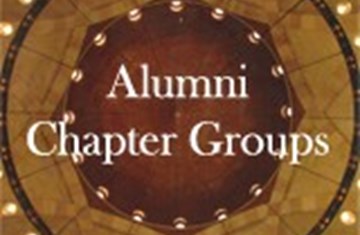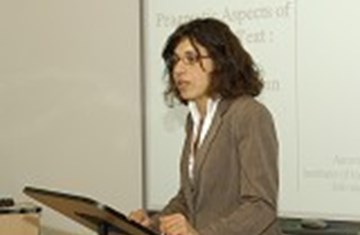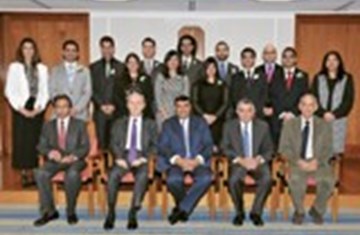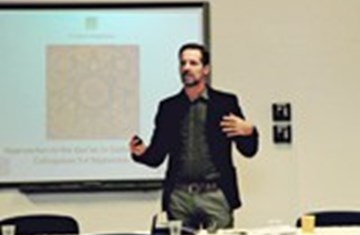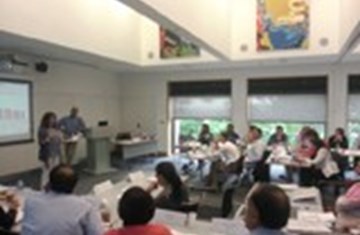IIS Scholars Present at the European Society for Central Asian Studies
Drs Yahia Baiza and Najam Abbas of the Institute’s Central Asian Studies Unit presented papers at the 12th biennial conference of the European Society for Central Asian Studies (ESCAS) entitled, Central Asia: A Maturing Field, at the University of Cambridge.
Dr Baiza’s paper, International Aid and Education in Afghanistan analysed the role and influence of international aid in the field of education in Afghanistan. He argued that it is difficult to imagine how current educational developments in Afghanistan would function without international support. He emphasised that this support has been an important factor in providing financial and technical resources, promoting education, particularly for girls and teachers as well as textbook development. However, according to Dr Baiza, international aid in Afghanistan has been less helpful in mitigating challenges faced by the Ministry of Education, such as the delivery and control of aid budgets, sharing of information and expertise between parties, and the minimisation of ‘brain drain’.
Dr Baiza concluded that all parties and stakeholders should strive to make education, particularly the supply of trained teachers, a top priority. He proposed the idea of bringing change through consultations and other such methods of harnessing the experience gained over the past ten years.
Dr Najam Abbas’ paper, British Travel Accounts from the 1870s: Missions for Maps, Minds & Markets on the Silk Road, noted that it was between 1870 and 1875 when travel to the North-West Frontier Province of Pakistan (now called Khyber-Pakhtunkhwa) began assuming importance. A closer examination of late 19th century British travellers’ accounts to North-Western India reveals a number of features such as the evolution, expansion and consolidation of British interest in borders states on the Silk Road along those territories which are now in present-day Pakistan, Afghanistan, Tajikistan and Western China.
A crucial component for the British expedition was to understand the local and regional dynamics of the border communities and their power-brokering methods. Dr Abbas noted that those travel accounts act as a prism, shedding light on the nuanced networking methods among the border principalities that were complicated by factors like geography and sectarian politics. The travel accounts thus offer insights into how complex connections were made and how the nuanced nature of networking was developed, pursuing local inter-links, regional connections as well as external relations.
Dr Alexander Morrison, the incoming President of the European Society for Central Asian Studies (ESCAS) chaired the session and introduced the speakers. The conference was attended by leading historians from Western, South Asian and Central Asian universities and research institutes.

